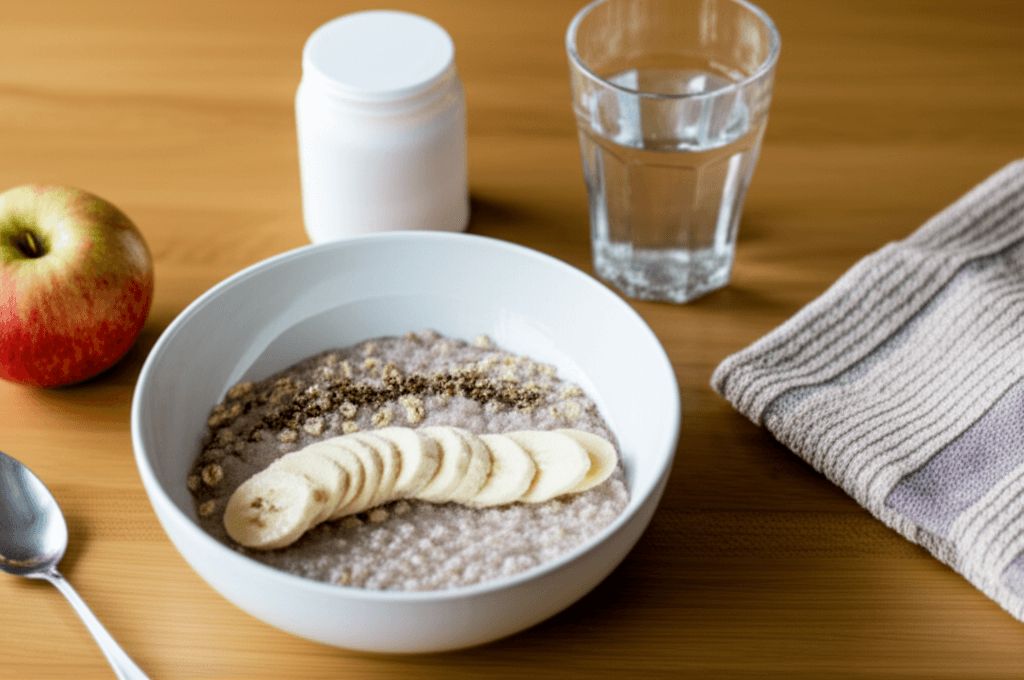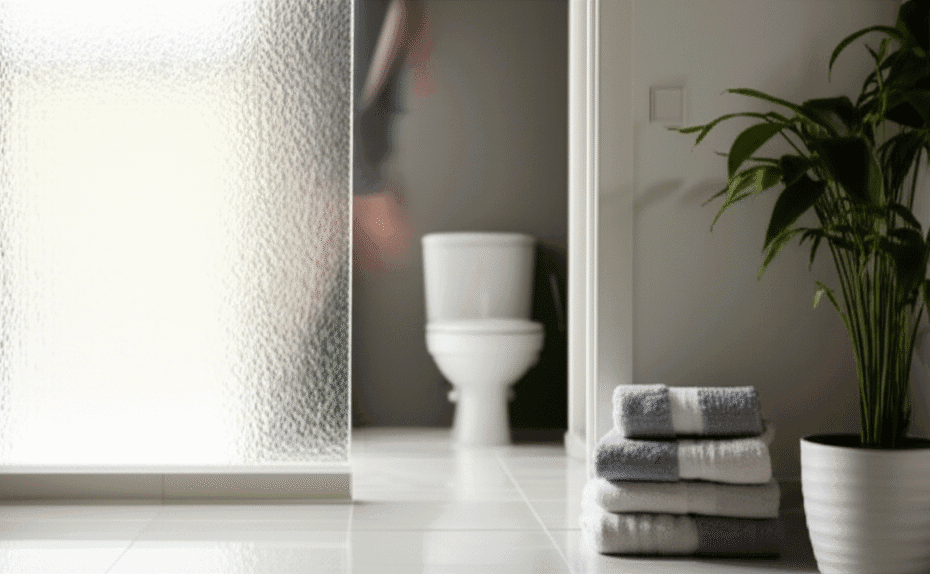Understanding Bowel Timing
When we talk about overall well-being, discussions about digestive health often take a backseat, yet they are incredibly vital. A healthy digestive system is foundational to how we feel day-to-day, influencing everything from our energy levels to our mood. Understanding what constitutes a "healthy bowel movement time" isn't just about speed; it's about the entire process and what it indicates about your internal health. There's a common misconception that there's a single, universally correct duration for a bowel movement, but in reality, it's more nuanced than that. The focus should shift from a precise stopwatch measurement to what feels natural, comfortable, and consistent for your body.
Diet and Hydration
Many factors contribute to how long and how often one has a bowel movement. These include dietary habits, hydration levels, physical activity, stress, and even individual physiology. For instance, a diet rich in fiber, found in fruits, vegetables, and whole grains, generally promotes more regular and comfortable bowel movements. Fiber adds bulk to stool, helping it pass more easily through the digestive tract.
Conversely, a diet lacking in fiber can lead to stools that are harder and more difficult to pass, potentially prolonging the time spent in the restroom. Hydration is another critical component; sufficient water intake helps keep the stool soft and facilitates its movement, preventing straining and discomfort. Without adequate water, the body may reabsorb more fluid from the stool, leading to constipation.

Activity and Stress
Physical activity plays an often-underestimated role in digestive health indicators. Regular exercise helps to stimulate the muscles of the intestines, aiding in the natural movement of waste through the colon. Even moderate activity, like a daily walk, can make a significant difference in promoting regularity. A sedentary lifestyle, on the other hand, can contribute to sluggish digestion.
Stress and mental well-being are also deeply intertwined with our gut health. The gut-brain axis is a complex communication network, and when we experience stress, it can directly impact digestive function, leading to changes in bowel habits, either speeding things up or slowing them down. Managing stress through relaxation techniques, mindfulness, or hobbies can have a positive ripple effect on your digestive system.
Healthy Bowel Duration
So, what does a healthy bowel movement feel like, and how long should it take? Generally, a healthy bowel movement should be relatively quick, effortless, and comfortable. It shouldn't require excessive straining or prolonged sitting on the toilet. Most people find that a healthy bowel movement takes just a few minutes, often less than five.
If you're consistently spending more than 10-15 minutes or experiencing significant discomfort, it might be an indicator that something is amiss with your digestive health. The key is ease and efficiency. Straining can lead to various issues, including hemorrhoids, so it’s important to prioritize a smooth process.
The consistency and shape of your stool are also important digestive health indicators, often more so than the exact timing. Stools that are smooth, soft, and well-formed typically suggest a healthy digestive process, while hard, lumpy, or very watery stools can point to dietary imbalances or other concerns.

Gut Microbiome Basics
Beyond diet, hydration, and exercise, the intricate ecosystem of your gut microbiome plays a foundational role in maintaining healthy bowel movement time and overall digestive health. Billions of microorganisms, including bacteria, fungi, and viruses, reside in your gut, and their balance is crucial for optimal function. A diverse and healthy gut microbiome assists in breaking down food, absorbing nutrients, and even synthesizing certain vitamins.
When this delicate balance is disrupted, it can impact everything from stool consistency to the speed of digestion. Factors like certain medications, poor dietary choices, and chronic stress can all negatively influence the gut microbiome, potentially leading to digestive discomfort and irregular bowel habits. Supporting these beneficial microorganisms is a modern approach to enhancing digestive wellness.
Daily Habits and Lifestyle
Incorporating simple, everyday habits can significantly contribute to supporting healthy bowel movement time. Start by listening to your body's signals and developing a regular routine. Trying to ignore the urge to go can lead to harder stools and more difficulty later on.
Establishing a consistent time each day for a bowel movement, even if nothing happens immediately, can train your body to be more regular. For instance, many people find that a warm drink in the morning or a short walk after breakfast can help stimulate bowel activity. It's about creating a supportive environment for your digestive system to function optimally, rather than forcing a specific outcome.
Maintaining a balanced diet is perhaps the most critical step for anyone looking to improve their digestive health. Emphasize whole, unprocessed foods. Lean proteins, a variety of vegetables, fruits, and whole grains should form the bulk of your meals. These foods provide not only essential nutrients but also the necessary fiber that is integral for stool formation and movement.
Limiting highly processed foods, sugary drinks, and excessive amounts of unhealthy fats can help reduce digestive inflammation and improve the efficiency of your gut. Think of your diet as fuel for your internal systems; just as a car runs best on the right type of fuel, your body thrives on nutritious, gut-friendly foods. Paying attention to what your body responds well to, and what might cause discomfort, is a personalized journey. Keeping a food diary can sometimes help identify triggers for digestive issues, allowing you to make informed adjustments to your eating patterns.
Furthermore, managing stress is not just about mental well-being; it's a direct intervention for improving digestive health indicators. Chronic stress can impact the motility of the gut, leading to either hurried or delayed bowel movements. Techniques such as meditation, deep breathing exercises, yoga, or simply dedicating time to hobbies you enjoy can significantly reduce stress levels. Even short bursts of relaxation throughout the day can make a difference.
Prioritizing adequate sleep is another often-overlooked aspect; when your body is well-rested, all its systems, including the digestive one, tend to function more effectively. Creating a calming bedtime routine can foster better sleep, which in turn supports a healthier gut rhythm. These holistic approaches work synergistically to create a more balanced internal environment.
Ultimately, the goal isn't to clock your bowel movements but to achieve comfort, regularity, and a sense of ease. If you find yourself consistently spending a long time on the toilet, straining, or experiencing significant discomfort, it's a sign to re-evaluate your lifestyle habits. Small, consistent changes in diet, hydration, exercise, and stress management can have a profound impact on supporting a healthy bowel movement time.
Remember, healthy digestion is a continuous process, and nurturing your gut through mindful choices contributes significantly to your overall well-being. Focusing on these general best practices rather than obsessing over exact timings is a more practical and friendly approach to understanding and optimizing your digestive health. Supporting a balanced gut environment through intentional lifestyle choices can contribute significantly to feeling good from the inside out.
Prioritizing your digestive wellness is a crucial step toward holistic health, and maintaining a balanced gut microbiome is at the heart of this endeavor. If you’re looking for a convenient way to support your gut's natural ecosystem and promote healthy digestive function, consider exploring PrimeBiome. This supplement is designed to contribute to your overall health and well-being, aligning with the benefits associated with probiotics and supporting not just gut health, but also aspects of skin and gut health. Taking proactive steps can make a difference in how you feel daily.
Disclaimer: This post contains affiliate links. We may earn a small commission at no extra cost to you. This helps us keep our blog running.
